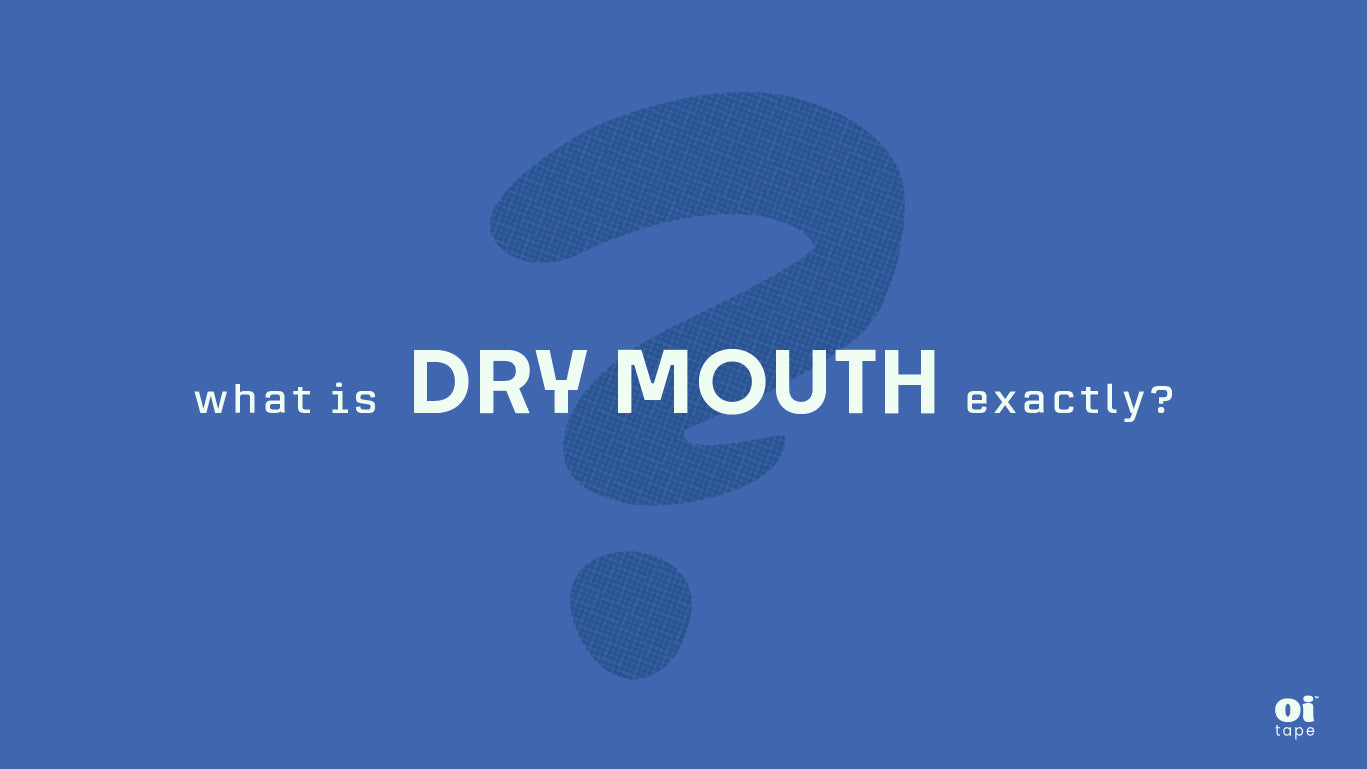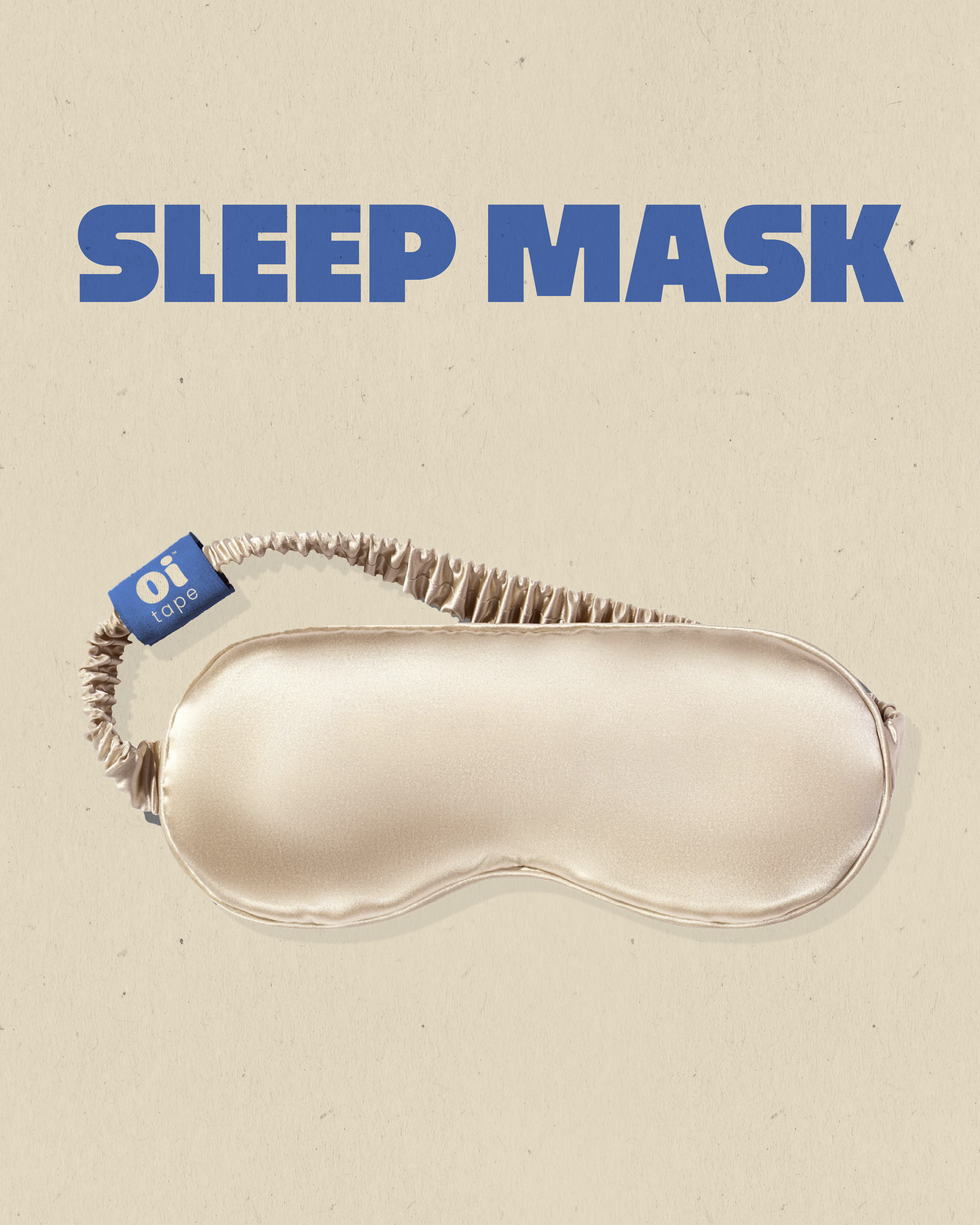

Dry Mouth is Doing More Harm Than You Think
Understanding Dry Mouth: Causes, Symptoms, and Solutions
Dry mouth, also called Xerostomia, or, is a condition where the body does not make enough saliva. This causes a lack of moisture in the mouth. This can lead to a range of issues, from discomfort to dental problems. Saliva is crucial for oral health as it helps break down food, washes away food particles, and keeps your mouth clean.
Without enough saliva, you might find yourself dealing with dry mouth at night, which can be particularly bothersome. This guide will look at the causes, symptoms, and treatments for dry mouth. This will help you manage it well.
Dry mouth is more than just an inconvenience; it's a condition that can affect your overall well-being. Saliva is crucial for oral health, as it neutralizes acids, assists in digestion, and helps with speaking and swallowing. When saliva production decreases, it can lead to dental issues like tooth decay and gum disease.
Why Dry Mouth Matters
Dry mouth, also known as cotton mouth, is more than just uncomfortable. It can cause issues like tooth decay, disease or the teeth and gums, and oral infections. It may also cause bad breath, cracked lips, and difficulties with speaking, swallowing, and even sleeping.
For many people, dry mouth at night is particularly bothersome, as it disrupts rest and can worsen morning breath and dehydration.
Additionally, dry mouth causes discomfort and can make tasks like eating and speaking challenging. Understanding the dry mouth symptoms and root causes of oral dryness is essential for finding effective solutions.
Symptoms of Dry Mouth
Signs of xerostomia may include:
-
Constant dry or sticky feeling in the mouth
-
Difficulty chewing, swallowing, or speaking
-
Cracked lips or sores at the corners of the mouth
-
Persistent bad breath
-
Dry mouth at night, leading to poor sleep
-
Increased risk of oral infections such as thrush
Identifying these symptoms early helps prevent complications and improve quality of life.
The symptoms of dry mouth can significantly affect your quality of life. You might experience a persistent dry feeling, trouble swallowing, or a sticky sensation on your tongue.
Dry mouth at night can be particularly troublesome, often leading to sleep disruptions. If not treated, xerostomia can cause problems like bad breath, cracked lips, and oral infections such as thrush. Identifying these symptoms early is key to managing them effectively.
What Causes Dry Mouth?
Several factors contribute to reduced salivary gland production, including:
-
Medications – Common medicines such as antihistamines, antidepressants, and blood pressure tablets often list dry mouth as a side effect.
-
Medical conditions – Diabetes, Sjögren’s syndrome, and autoimmune disorders can cause persistent oral dryness.
-
Lifestyle choices – Smoking, alcohol consumption, and caffeine can all increase mouth dryness.
-
Dehydration – Not drinking enough water or experiencing fluid loss due to exercise or illness.
Tip: Recognizing what causes dry mouth for you is the first step to finding the right solution.
How to Treat and Manage Dry Mouth
Home Remedies
-
Drink plenty of water regularly throughout the day
-
Chew sugar-free gum or suck on sugar-free lozenges to stimulate saliva
-
Use a humidifier at night to keep the air moist
-
Limit alcohol, caffeine, and sugary foods
Over-the-Counter Relief
-
Artificial saliva sprays or rinses
-
Good oral hygiene, moisturisers, and hydrating mouthwashes (alcohol-free)
When should you see your dentist or doctor for your dry mouth?
So when should you see your dentist or doctor for your xerostomia? If your oral dryness symptoms aren't going away with any at-home treatments, it's best to consult with your dentist or doctor. Either of them may prescribe medication that stimulates saliva production.
You should also note that a persistently dry mouth can be related to another health condition and your medical history. The Cleveland Clinic says that dry mouth is a common side effect of many medications. The dry mouth includes drugs for allergies, pain, anxiety, depression, high blood pressure, diarrhea, bladder control, and Parkinson's disease. Your doctor may decide to change your medication in these cases to help with your dry mouth symptoms.
Medical conditions like diabetes and Sjögren's syndrome can also reduce saliva production. Moreover, lifestyle factors like smoking, alcohol consumption, and dehydration are significant contributors. Recognizing these causes can help you take proactive steps to manage xerostomia effectively.
Living with Dry Mouth
Effective management of dry mouth involves maintaining a robust oral hygiene routine. Brush and floss your teeth often. Use an alcohol-free mouthwash, which can help lower the risk of tooth decay. It also prevents oral dryness from getting worse.
Pay attention to your diet by avoiding caffeine, alcohol, and sugary foods. Instead, focus on hydrating foods like fruits and soups.
Support communities and online resources can offer valuable tips and experiences for those dealing with xerostomia. Mouth taping is another useful strategy for reducing dry mouth at night, promoting nasal breathing, and minimizing saliva evaporation. If you're interested, visit oitape.com to explore products designed for comfort and efficacy.
Xerostomia can be a challenging condition, but with the right approach, you can manage its symptoms effectively. By understanding the causes and implementing practical remedies, you can improve your oral health and overall quality of life. If you are interested in mouth taping for mouth breathing to help with dry mouth at night, check out oitape.com for a comfortable option. Always consult with healthcare professionals to tailor the best strategies for your needs.





